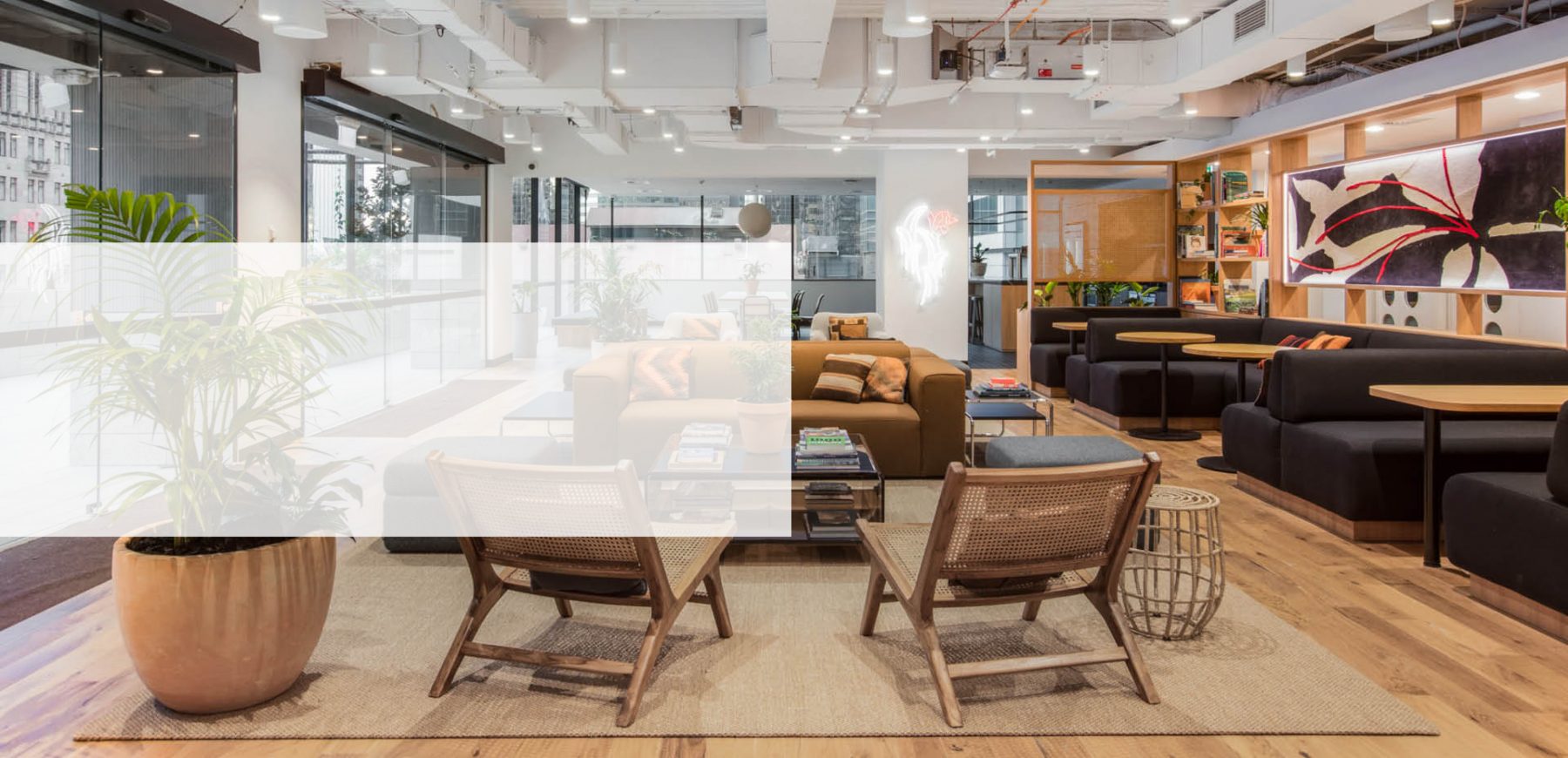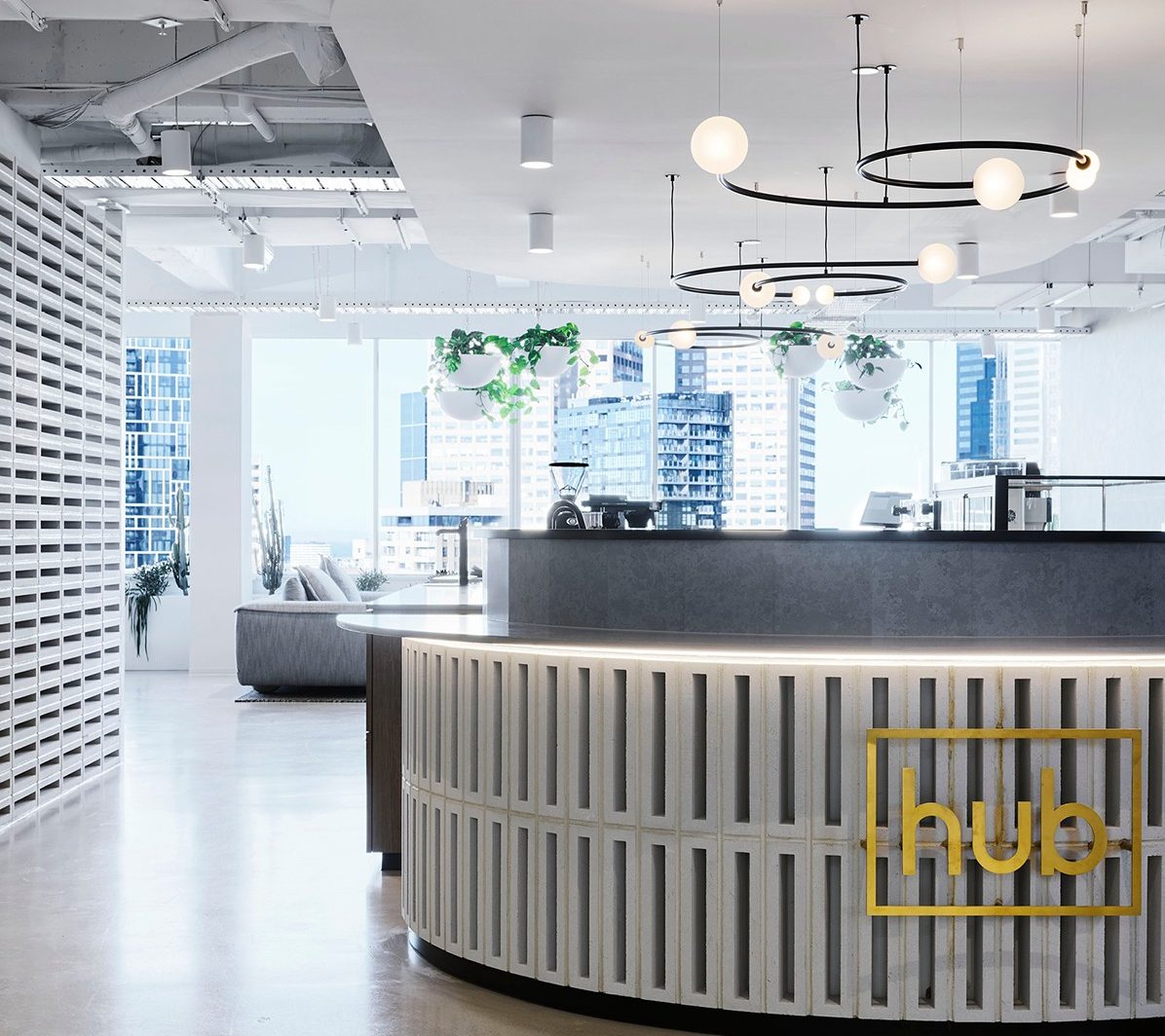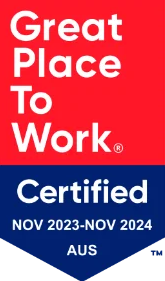Corporate flexibility is the new norm
Co-working spaces have immense appeal for employees who can’t face the isolation of working from home, but don’t want to commute to the office. Meanwhile, economic pressures and ongoing global uncertainties means corporate tenants are rethinking exorbitant multi-year leases. Co-working (which allows for the use of flexible or temporary space that still lets workers network and collaborate face-to-face) is expected to outperform the office sector, according to experts, which is not predicted to recover until at least 2025. As WeWork Australia General Manager Balder Tol puts it, “During uncertain times, the urge for flexibility increases.”[1]
FDC’s 2019 White Paper, Asset Repositioning Trends in Australia, reported that the number of co-working members will rise from 3.8 million in 2020 to 5.1 million by 2022. There are now 26% more co-working locations in Australia in 2019 than in the previous year[2]. And according the Flex Careers Flexibility Report 2020, “The overarching consensus from HR professionals is that the new normal is going to be more remote and more flexible, with business uptake of remote work increasing by 278%.” Pre-Pandemic, 18% of businesses allowed remote work. Post-Pandemic, it rose to 68%.[3]
Finding a happy medium
The most likely scenario is a hybrid model, where employees will share their time between working in the office and working remotely, minimising their need to commute, and reducing the number of people in the office at any one time. To date, FDC has taken on two projects for WeWork, including the full interior fitout of levels 1-14 at 66 King Street Sydney, and WeWork’s latest Brisbane location at 260 Queen Street, which occupies five floors for over 750 members. The fourth location for WeWork in Brisbane has been conceived as a relaxed and inviting environment to promote interactions between the WeWork community. A variety of space types are created to cater for collaborative work, communal lounges and events, unique presentation spaces plus private full-floor suites for larger enterprise companies.
According to a recent report in The Australian Financial Review, enquiries for space at WeWork are getting larger and longer, with full floor enterprise deals and an average commitment term in Australia of nine months – with no sign of it slowing down.
FDC is in the process of delivering its sixth fitout for Hub, a premium co-working community for growing businesses in Australia, providing workspaces, business networks, media and podcast studios and member services. The brand new fitout in Hub Civic Quarter will provide beautifully designed suites and modern meeting rooms of various sizes, with features including a commercial kitchen, a well-equipped café, high ceiling space designer workstations and bespoke furniture. The spaces offer the benefit of providing complete adaptability, with social distancing incorporated into space layouts. A variety of breakout and flexible spaces allow members to be part of a community while ensuring they can still stay safe and work productively. Affordable rates, short-term leases, attractive amenities, and an in-built culture of collaboration is an enticing offering for employers during a global pandemic.
As researchers at Melbourne University, Dr Erica Coslor and Edward Hyatt, said in their paper, Flexible Working Beyond COVID-19, the pandemic is an unprecedented experiment for the modern workplace. “To make sure we keep the good aspects of the COVID-19 flexible work experiment, organisations will need to take a multi-pronged approach – formalising flexible work arrangements and figuring out new kinds of annual review metrics.” How it pans out in the long term? Only time will tell.



